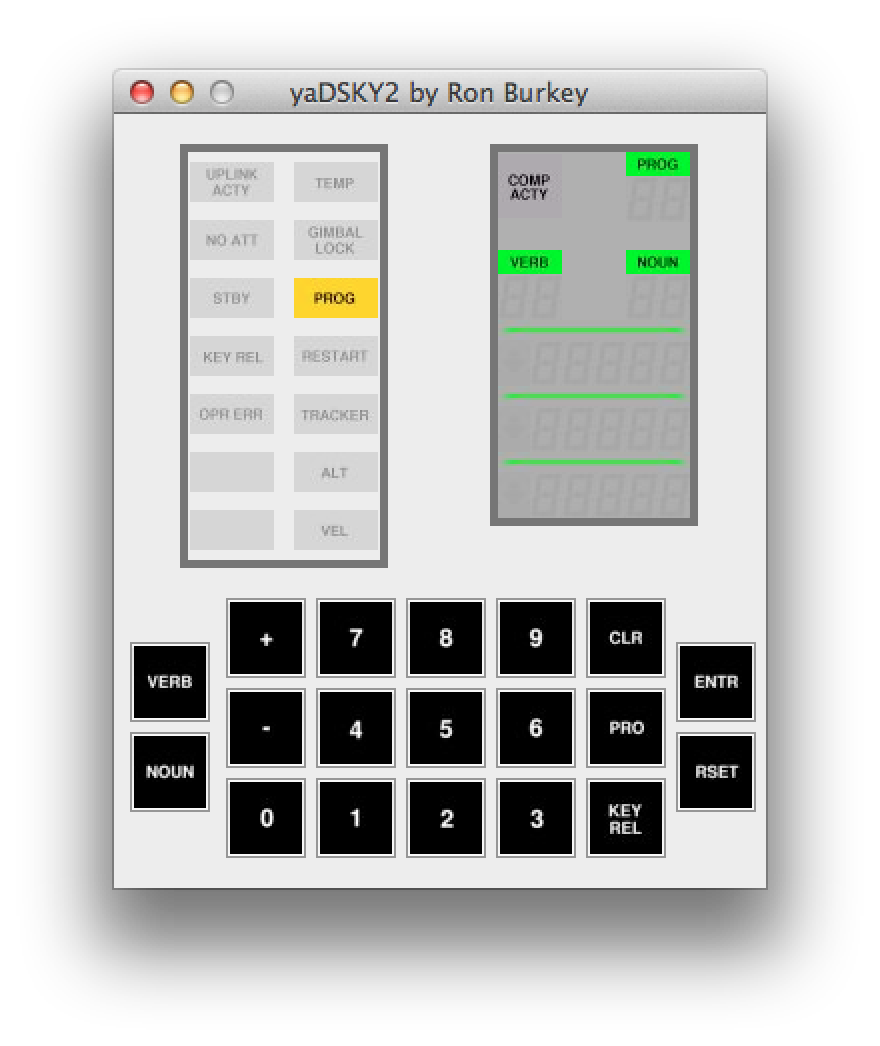The Apollo missions had technology no more complicated than a pocket calculator … everybody knows that. But hardly anybody talks about the computer code that helped send astronauts to the moon and back, which was equally as simple.
Sunday, July 20 marked the anniversary of the 1969 Apollo 11 lunar mission, which most people know today as the moon landing. The command code for this mission still exists in the public domain.
Here are some interesting nuances about the Apollo 11 code that indicate just how much computing has changed in the past 45 years:
It was the height of our capabilities in 1969…
Back in 1969, it took an IBM System/360 Model 75—a version of the room-sized computer seen on “Mad Men”—to help guide the Apollo mission. The press release for the System/360 series is still live on IBM’s site. The computers were slated to sell for $133,000 to $5.5 million. In 2014, your average USB memory stick is more powerful than any one of them.
…but computing power has leveled up significantly
Today, on Virtual AGC, you can download and install the Apollo Guidance Computer emulator program on your personal computer, no problem. Here’s what it looks like on Mac OS X.

The AGC isn’t limited to one use
Today’s diversity of high level programming languages means that modern programs are written for just one or two specific uses. The Apollo Guidance Computer is incredibly versatile by comparison. On the AGC emulator website, programmer Ron Burkey demonstrates how you can use the very same program as a desktop clock.
The AGC is controlled with verbs and nouns
The Apollo command software is not written in any syntax users would recognize today. Astronauts input commands numerically, with each two-digit number representing a verb or a noun. The verb described the action to be performed, and the noun specified the data to be affected by the verb’s action.
Astronauts hated the verb and noun setup
Ramón Alonso, one of the original AGC hardware developers, said the interface had been invented to impress visitors to their lab, but stuck around for the flights when nobody developed a better interface. Critics said it wasn’t “scientific,” and the first astronauts—all elite jet pilots—preferred dials and switches, similar to an airplane control panel.
The AGC coders had a sense of humor
Over at Hacker News, commenters are isolating some of the funnier comments in the code. A piece of the programming that performed the rough equivalent of the UNIX shell is called, jokingly, “PINBALL_GAME_BUTTONS_AND_LIGHTS.”
Download the simulator and check out its idiosyncrasies for yourself. We may not have progressed very far on lunar exploration since, but at least our computers are far faster now.
Photo courtesy of NASA

















